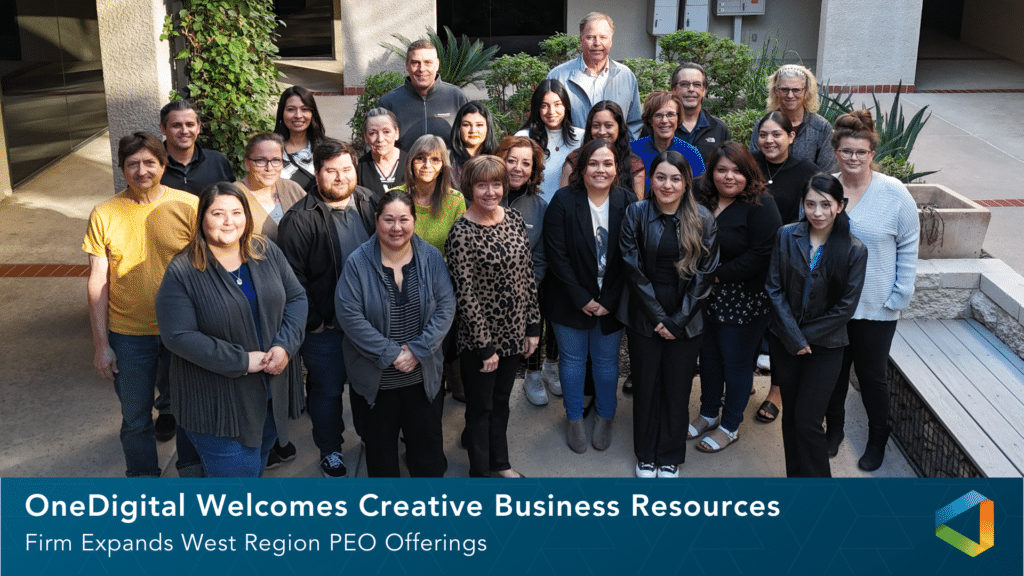Better Benefits
Is Application Management Support (AMS) Right for Your Organization?
Is Application Management Support (AMS) Right for Your Organization?
Exploring the pros and cons of in-house, outsourced, and hybrid Application Support Management approaches.
Overseeing human resources information systems (HRIS) is no small task. Whether you’re new to HRIS management, new to your organization, or simply auditing your current processes and practices, it’s beneficial to consider your options and decide which HRIS support approach is the best fit for your organization and team.
Generally speaking, there are three approaches you can consider: 1) A fully in-house service, 2) A fully outsourced support model, or 3) A hybrid approach. Below, we’ve compiled some of the most important factors for you to consider about each of these options from both a quality and cost-effectiveness perspective:
In-House HRIS Management
Many organizations prefer to keep their HRIS team entirely in-house, without the involvement of any third-party providers. If you are evaluating this approach, here are some important things to consider:
- Exclusive Dedication: By definition, an in-house HRIS team is solely dedicated to supporting your needs. This means that they are not splitting time between you and other clients, and should hopefully be able to respond to issues in a timely manner.
- Training and Redundancy: However, the burden of providing recurring training to your HRIS specialists and ensuring that they’re up to date on the latest technical developments will fall squarely on your shoulders. In addition to this, you will also be obligated to hire enough HRIS staff to guarantee redundancy for every type of function and quickly secure replacements in the event of turnover. After all, the last thing you need is for a critical incident to occur when the only person capable of addressing it is on leave or vacation.
- Cost Effectiveness: HRIS costs will inevitably vary depending on the specific circumstances of your organization. However, it is generally safe to say that in-house HRIS management is less expensive than the other two approaches profiled here.
Outsourcing Your HRIS Needs
Alternatively, a significant number of employers have decided that outsourcing HRIS application management to a reputable consulting partner is a better way to meet their organization’s needs:
- Multiple Support Structures: There are a wide variety of third-party HRIS providers in the marketplace, which means that it should be possible to negotiate an arrangement that is well suited to your organization’s HRIS service demands. HRIS contracts can be structured in terms of cost per employee per month, a set number of hours at a negotiated lower rate, or as a single flat fee. It may also be possible to secure a certain number of third-party HRIS staff who are specifically dedicated to serving your workforce. However, it should be noted that a fully-outsourced option is typically more expensive than a solely in-house HRIS approach.
- No Training or Staffing Requirements: In an outsourced HRIS model, all personnel risk is shifted to the provider. This means that you are not obligated to train and recruit HRIS support staff, nor worry about issues of redundancy.
- Potential Service Delays: Relying on a third-party vendor for your HRIS needs means subjecting yourself to external response times and the provider’s need to balance your requests with those of other clients. This may not be as nimble as having your own staff, as your employees will typically be required to open a service ticket in order to access support.
A Hybrid Approach to HRIS
In order to balance the pros and cons of the above approaches, some employers have opted for a hybrid model, with some in-house HRIS staff that work in conjunction with a third-party vendor:
- Play to Your Strengths and Outsource the Rest: A hybrid model allows you to hire some of your own staff while simultaneously outsourcing functions of your choice. This allows you to prioritize and triage different HRIS duties and responsibilities, delegating them to different teams. For example, if your organization does a lot of hiring it may be prudent to have an analyst on staff who can support the applicant tracking system dedicated to the talent acquisition team. Or, if your company only changes benefit offerings and/or carriers every few years, you might want to outsource benefits support to avoid having to have someone on your staff trained for a task that is rarely needed.
- Flexibly Augment Your HRIS Capacity: Having an outsource partner available can help when demand for system support or enhancements outpaces your internal capacity. A hybrid model can allow you to temporarily offload some of that burden to your external partner during periods of high demand and reduce it once that period is over.
- Moderate Cost Savings: As you might expect, the costs associated with a hybrid approach tend to be lower than a totally outsourced model but higher than an entirely in-house team. Depending on the specific payment arrangement with your provider, the costs associated with your external team may be lower during periods of reduced HRIS needs.
Ultimately, there is no right or wrong answer to the question of how to manage your organization’s HRIS needs. Instead, it’s all about finding the arrangement that’s the best fit for your individualized circumstances. Your business is dynamic, and your HRIS needs might change as your business grows. For expert, customized guidance on HR technology management, contact our dedicated team.
Looking for more HR technology analysis? Check out this blog on 3 Steps for Implementing New HR Technologies the Right Way.




